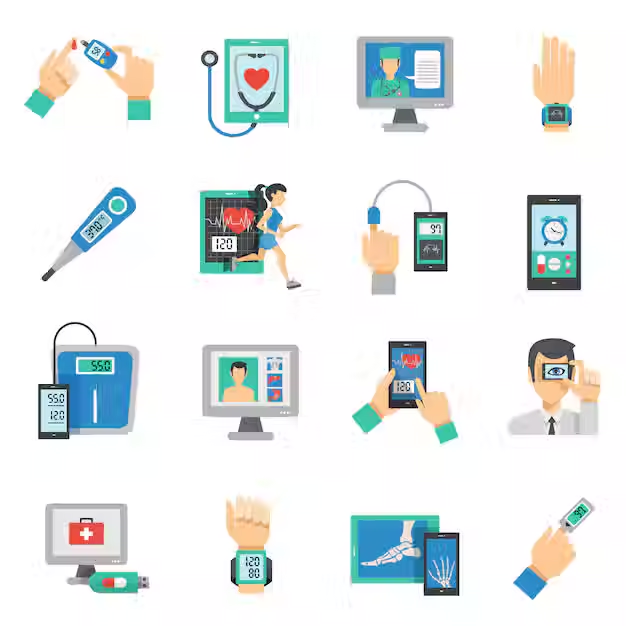AI Freeing Up Clinicians Time
- Robert Zimmerman
- Apr 17, 2025
- 2 min read
Updated: Oct 16, 2025
Most healthcare organizations are still focused on the basics to keep the enterprise running. They often don’t have the bandwidth to integrate new technology or innovate. Thus, organizations are slowly adopting AI-driven technologies. While AI will be part of the solution for longstanding challenges, including addressing prior authorizations, EHR use, billing, and cybersecurity readiness, it’s not happening as fast as the hype would make you believe.
Healthcare organizations believe AI can help. AI provides the opportunity to enhance
efficiency and reduce current skilled staff shortages. Clinicians want to deliver care, not be tied up with burdensome documentation and regulatory requirements. Administrative staff are overwhelmed by billing and payer requirements. Surveys show that over 65% of health system leaders flag prior-authorization paperwork and 60% point to too many EHR clicks as potential uses of AI.
So where can AI help? AI can expand capacity for innovation by automating inbox triage, data management, and routine decisions by automating tedious and repetitive tasks to save time that can instead be used to enhance patient care and operational effectiveness. Surveys show that most organizations see Gen AI as a vehicle to make routine work more efficient. Healthcare leaders see AI assisting in automating denial letters, summarizing encounter notes, pre-filling claims, and translating payer policy into plain English. Some of these areas include:
ICD-10 coding and billing
Patient notes and summaries
Patient diagnosis
Patient follow-up
Burdensome administrative tasks reduce clinical time and result in financial balance sheets of healthcare organizations. Over 60% of healthcare organizations say that prior-authorization activities and EHR usage are slowing productivity. Hospital labor costs jumped $42.5 billion between 2021 and 2023. Upcoming reduced federal government support for Medicaid and rural health means healthcare organizations must become more efficient or risk adding to the impending healthcare crisis in underserved communities.
Organizations and clinicians are still concerned about potential risks from using AI. Not all tasks are candidates for AI. But if AI can save even minutes off charting and other routine tasks, this can result in more time directed to tasks that will enhance patient care quality and healthcare staff job satisfaction. AI can be the answer to allowing nurses and doctors to focus more of their time and energy on their patients.
.png)



Comments